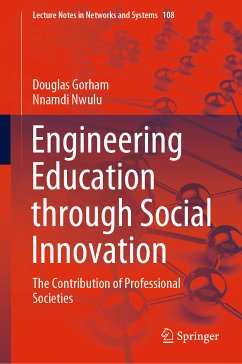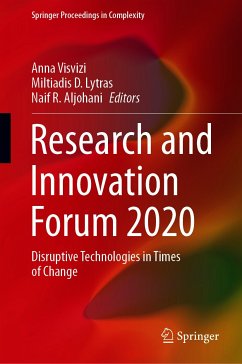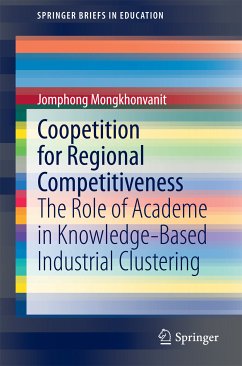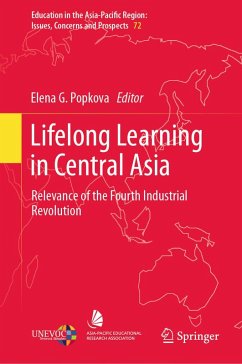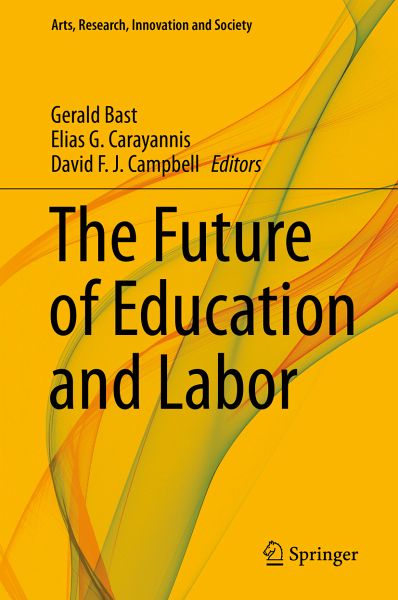
The Future of Education and Labor (eBook, PDF)
Versandkostenfrei!
Sofort per Download lieferbar
104,95 €
inkl. MwSt.
Weitere Ausgaben:

PAYBACK Punkte
52 °P sammeln!
Explores how future labor will be creative, how it will take the social context more into account, as well as how it will be more interdisciplinary
Addresses why knowledge society, knowledge economy and knowledge democracy requires changes and innovations in our educational systems
Presents studies from leading researchers scientists, and practitioners in the field
Addresses why knowledge society, knowledge economy and knowledge democracy requires changes and innovations in our educational systems
Presents studies from leading researchers scientists, and practitioners in the field
Dieser Download kann aus rechtlichen Gründen nur mit Rechnungsadresse in A, B, BG, CY, CZ, D, DK, EW, E, FIN, F, GR, HR, H, IRL, I, LT, L, LR, M, NL, PL, P, R, S, SLO, SK ausgeliefert werden.



